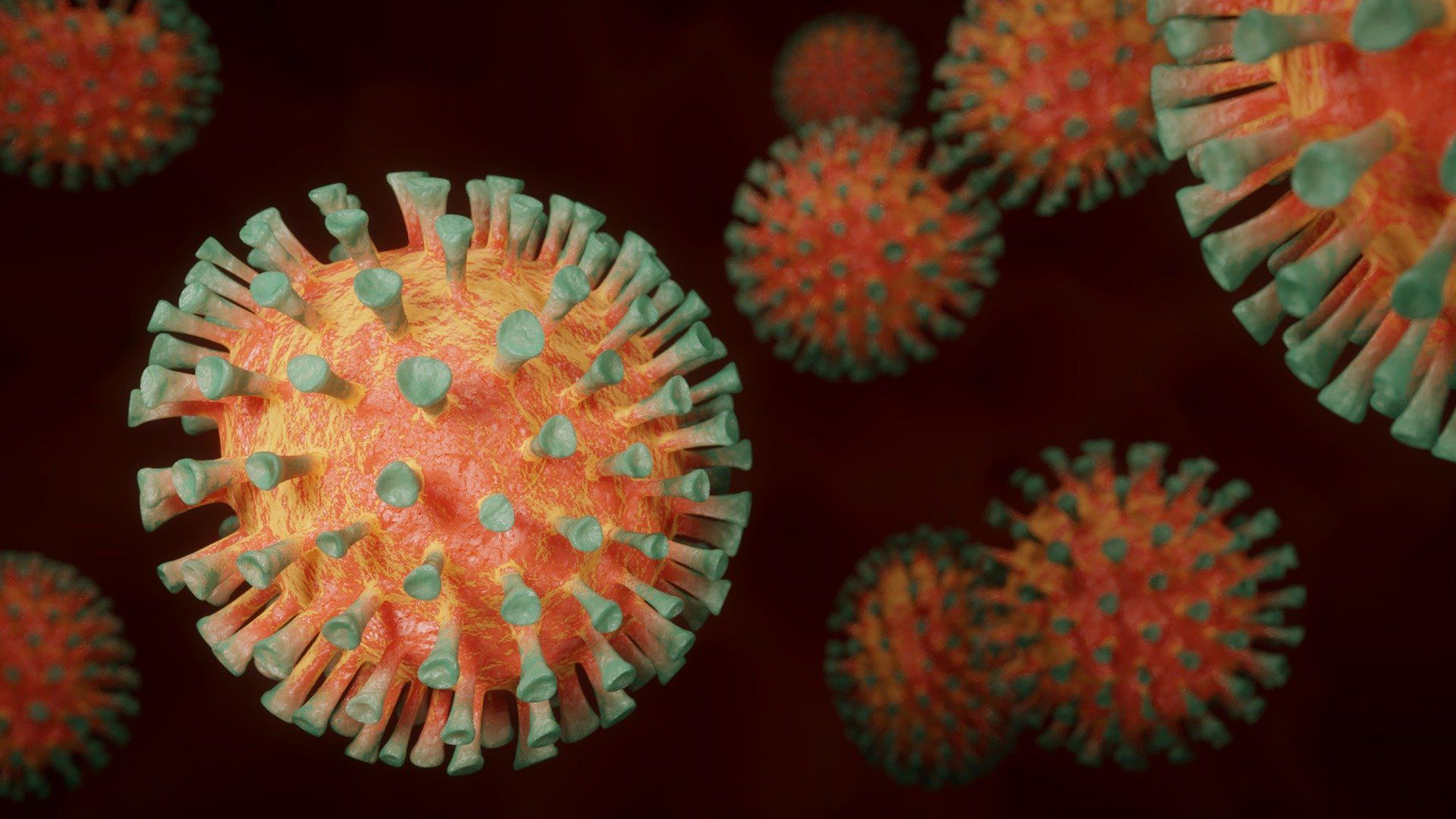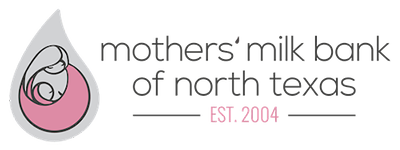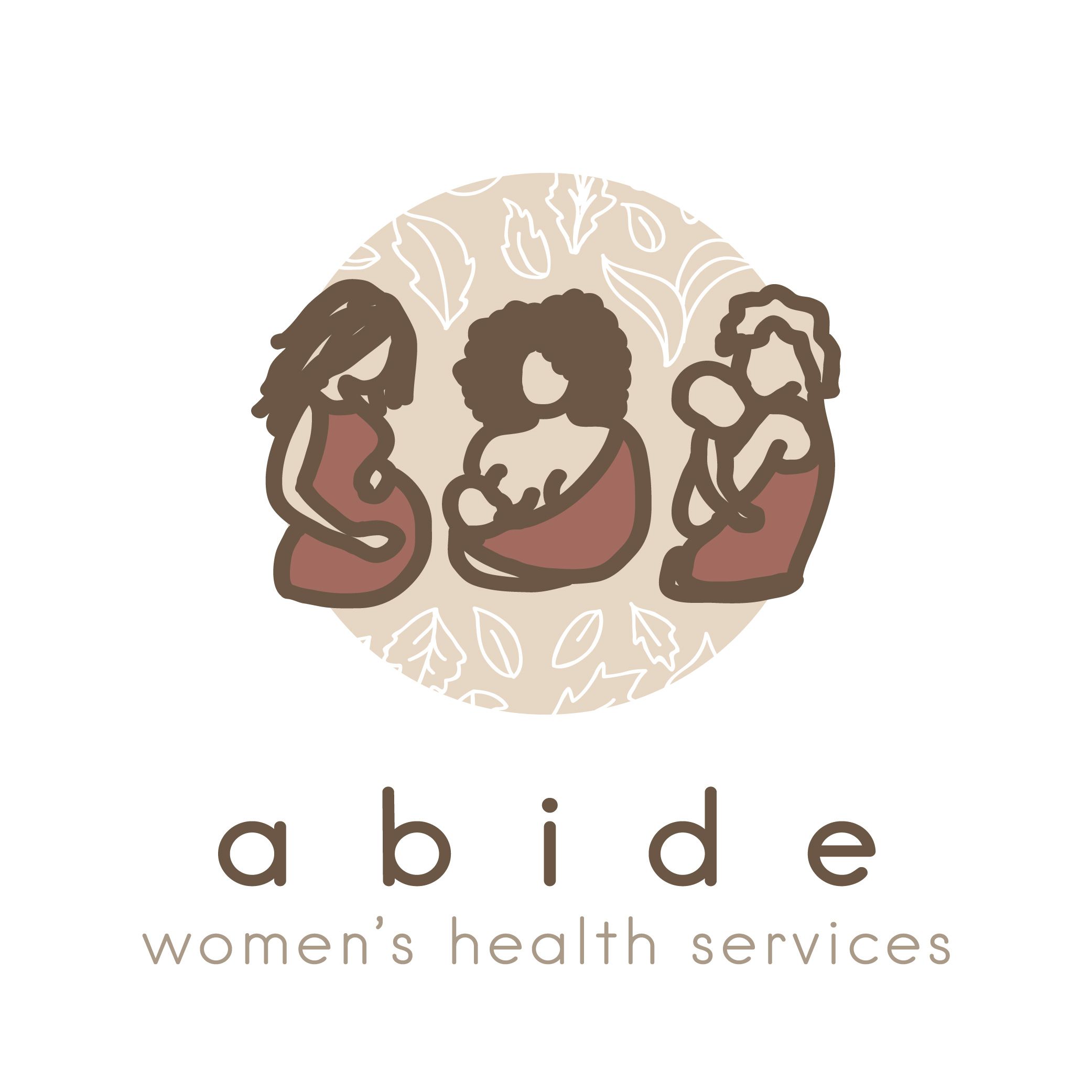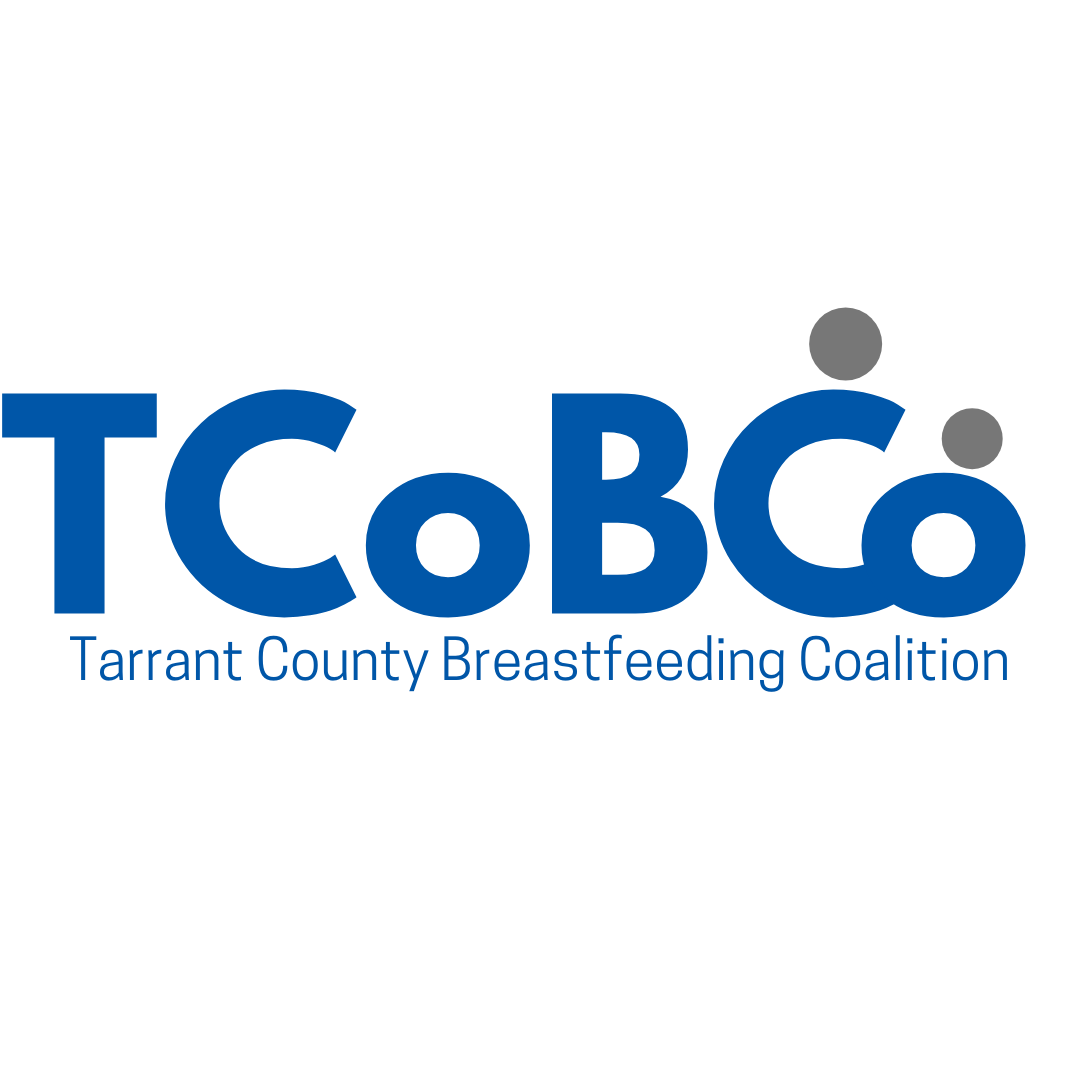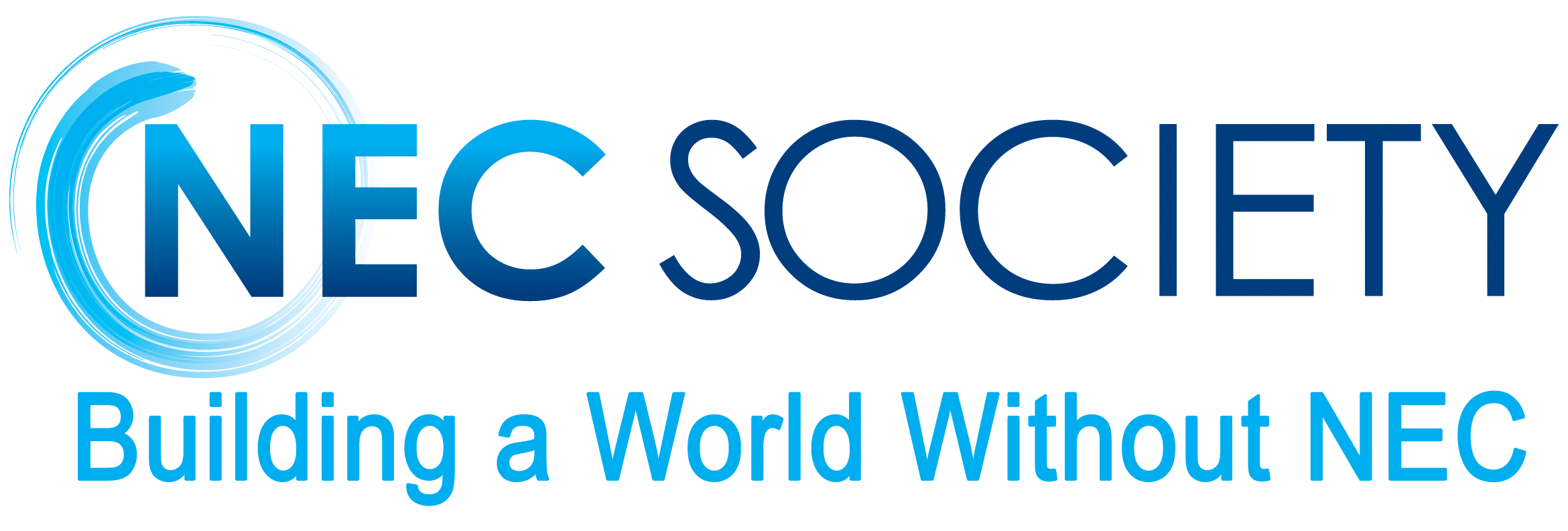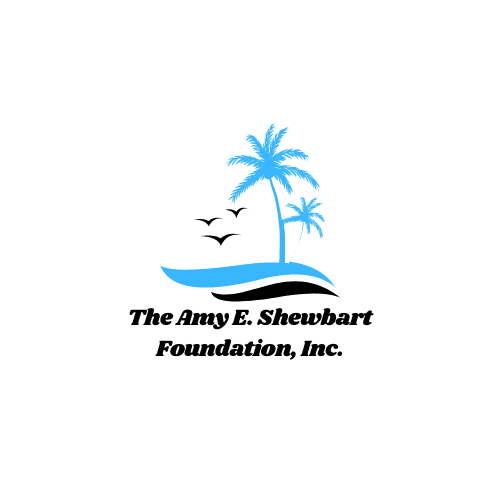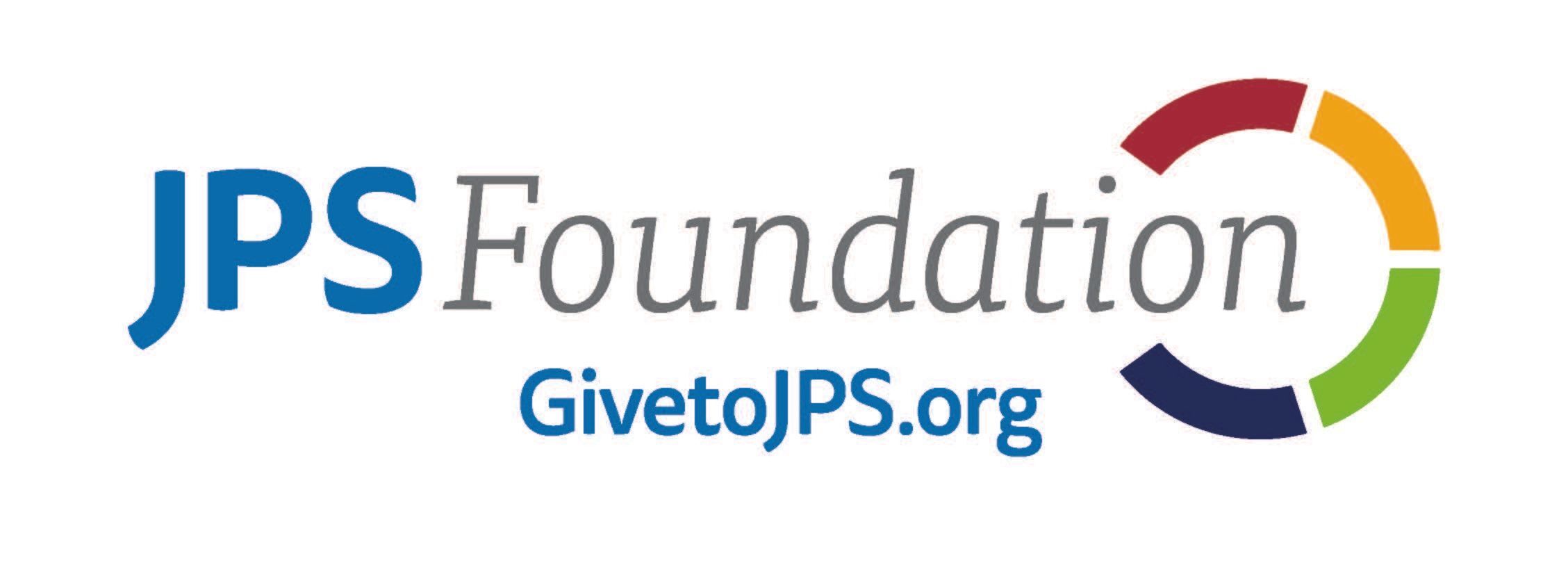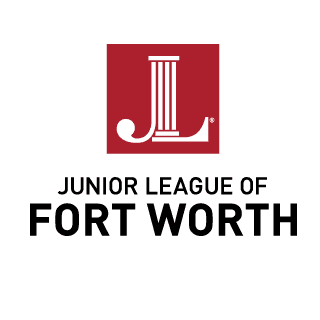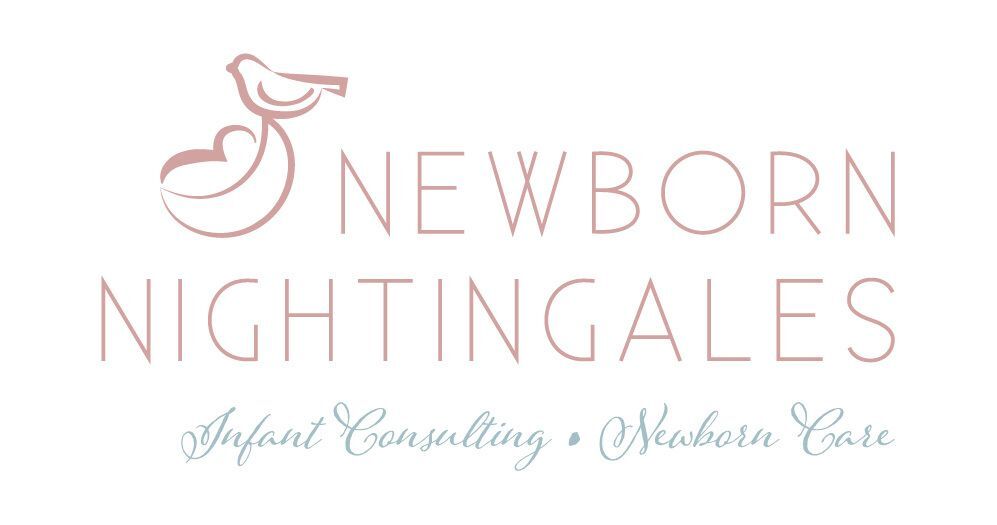COVID-19 & Milk Banking
Our cited resources available for download:
External articles available for download and important links:
Breastmilk studies seeking participants:
Summary
We are carefully monitoring ongoing developments regarding the outbreak of COVID-19 and how it relates to milk banking. In 15-years of operation and more than 5 million ounces dispensed, donor human milk processed in our lab has never harmed or infected an infant.
Pasteurization Research
March 5, 2020
- Research specific to COVID-19 is still emerging as the current outbreak evolves. While COVID-19 is a novel (new) virus and data is limited, characteristics of similar viruses such as SARS (Severe Acute Respiratory Syndrome) and MERS (Middle East Respiratory Syndrome) are significantly relevant and applicable to milk banking. Studies have documented complete heat inactivation of genetically similar viruses such as SARS and MERS, specifically heat treatment of 60°C for 30 minutes.
Update - April 6, 2020
- New evidence regarding the stability of Sars-CoV-2 at different environmental conditions reported that the virus is significantly reduced when heated to 56°C for ten minutes, and completely inactivated within 30 minutes.
Update - June 24, 2020
- Two recently published studies examined the effects of Holder pasteurization on SAR-CoV-2. Both studies found that following pasteurization, no viral RNA and no residual infectivity were found in the breastmilk samples.
All donor milk dispensed from our laboratory undergoes heat treatment using the Holder pasteurization method of 62.5°C for 30 minutes.
_______________________________________
Breastfeeding
March 5, 2020
- In limited studies including women with SARS, the virus has not been detected in breastmilk, however, it is not known whether mothers with COVID-19 can transmit the virus via breastmilk. In a recent, but small study in China, a group of six mothers testing positive for COVID-19 were studied after giving birth. No evidence of the virus was found in their samples of breastmilk, cord blood, amniotic fluid or throat swabs of their newborns.
Update - June 24, 2020
- On June 23, 2020, the World Health Organization (WHO) released a scientific brief confirming that the benefits of breastfeeding outweigh the potential risk of COVID-19 transmission. The WHO recommends that mothers should be encouraged to initiate or continue breastfeeding even if they or the infant have suspected or confirmed cases of COVID-19.
-For references, please access links at the top of this page.
